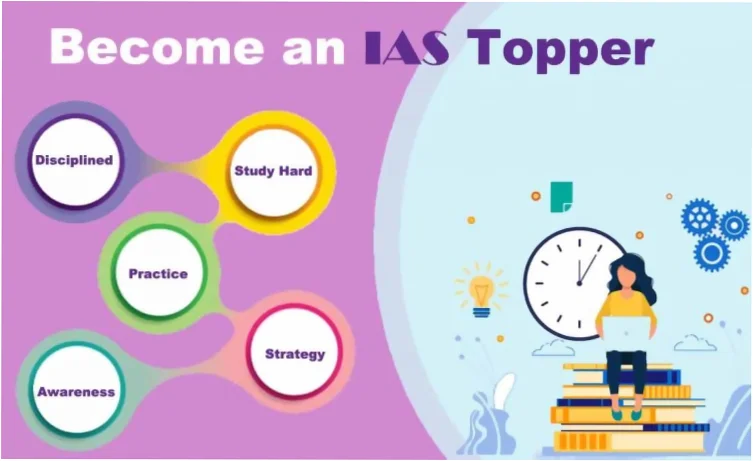Revising for the UPSC exam is a monumental task, but with the right strategies, you can confidently stride towards success. Elite IAS, a premier coaching institute, unveils top-notch revision techniques tailored to elevate your preparation to new heights.
1. Strategic Time Management
The cornerstone of effective revision lies in adept time management. The UPSC syllabus sprawls across vast dimensions, demanding meticulous planning. Craft a comprehensive study plan, prioritising subjects based on their exam weightage. Allocate ample time for each, ensuring thorough coverage without undue haste.
Remember, breaks are not just luxuries but necessities. Regular intervals refresh your mind, combating burnout and bolstering productivity. Utilise these breaks wisely, rejuvenating yourself for sustained focus.
2. Masterful Note-Taking
Harness the power of note-taking to fortify your revision arsenal. Identify key concepts and facts, employing abbreviations and visual cues to streamline recall. Leverage diagrams and mind maps to distil complex information into digestible chunks. By condensing verbose passages into succinct bullet points, you enhance retention while optimising study time.
Regularly reviewing your notes reinforces memory retention, keeping crucial information at your fingertips when it matters most.
3. Intentional Breaks
In the pursuit of academic excellence, don’t overlook the importance of downtime. Scheduled breaks rejuvenate your mind, preserving peak cognitive function. Disconnect from distractions, immersing yourself in activities that replenish your energy stores.
Incorporating breaks into your study routine not only enhances revision efficacy but also fosters holistic well-being, ensuring you’re primed for peak performance.
4. Mind Mapping Mastery
Unleash the potential of mind mapping to conquer the intricacies of UPSC preparation. Visualize complex concepts through interconnected nodes, facilitating comprehension and retention. Whether hand-drawn or digital, mind maps provide a roadmap to navigate the labyrinth of syllabus intricacies.
With each branch representing a facet of knowledge, you forge a cohesive understanding that transcends rote memorization.
5. Personalized Learning Adaptation
Tailor your revision approach to align with your unique learning style. Visual learners thrive on diagrams and illustrations, while auditory learners benefit from lectures and discussions. Kinesthetic learners excel through hands-on practice and interactive engagement.
By embracing your learning style, you optimize comprehension and retention, paving the path to exam triumph.
6. Syllabus Deconstruction
Before delving into revision, unravel the intricacies of the UPSC exam syllabus. Familiarize yourself with the three stages – Prelims, Mains, and Interview – and their corresponding subjects. Armed with this roadmap, tailor your revision strategy to address each stage’s distinct requirements.
7. Prioritise Revision: Adopt a Structured Approach
Effective revision requires discipline and prioritization. Create a realistic revision schedule that allocates dedicated time slots for each subject or topic. Break down the syllabus into manageable chunks and set specific goals for each study session. By adhering to a structured approach, you’ll prevent procrastination and ensure comprehensive coverage of the curriculum.
8. Mock Test
Mock tests serve as invaluable tools for gauging your preparedness and familiarizing yourself with the exam format. Simulate exam conditions as closely as possible by adhering to time limits and attempting the test in one sitting. Analyze your performance objectively, identify weak areas, and allocate revision time accordingly. Additionally, practicing past papers gives you insight into recurring question patterns and helps refine your exam strategy.
In Conclusion: Empower Your UPSC Journey with Elite IASIn conclusion, the road to UPSC success is paved with strategic revision and unwavering dedication. Elite IAS equips you with the tools and techniques to navigate this journey with confidence. Embrace these strategies, forge ahead with conviction, and unlock the doors to your aspirations as a civil servant.



